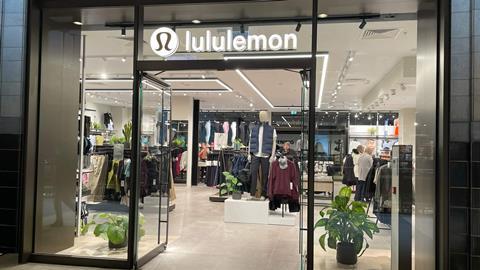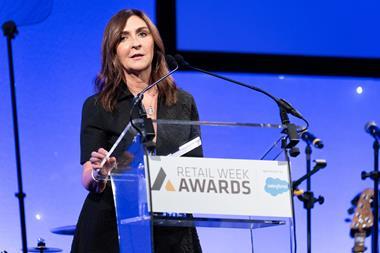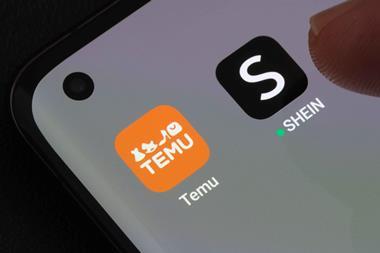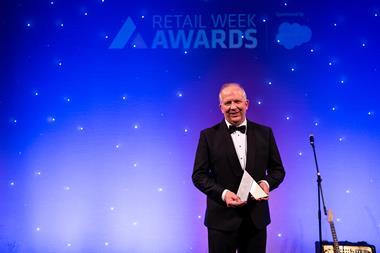PROMOTIONAL RESEARCH
Lululemon is among the 15 global retailers and brands recognised by analysts for leading supply chain performance in the new Retail Changemakers report. Here we deep-dive into the athleisure company’s operating model
Lululemon has pivoted its strategy recently. It had previously dabbled with tech alongside its core product offer after it acquired fitness tech company Mirror for $500m (£397.4m) at the height of the pandemic fitness boom in June 2020.
However, in April 2023, the Canadian retailer started looking to offload that division, known as Lululemon Studio, and sale talks are still under way.
Now, with a change of approach, tech remains a key part of its supply chain operations, particularly around stock visibility.
RFID technology aids improved fulfilment and staff efficiency
Within its stores – 650 globally, with 20 in the UK – Lululemon uses RFID technology, aiding store stock-takes and inventory management.
According to the retailer, the implementation of RFID technology allows store staff to leverage “real-time, accurate data” when serving customers, while also supporting the company’s fulfilment offerings such as buy online, pick up in store.
Lululemon had deployed this tech strategy, which it calls iD Cloud, to its North American stores by September 2022 and is rolling it out across Europe, the Middle East, Africa and Asia-Pacific in 2023. Work began at the start of the year.
Lululemon’s sales forecast
Total sales 2022/2023 estimate (Retail Week analysts): £6.6bn
Total sales 2027/2028 estimate (Retail Week analysts): £12.5bn – 10.5% five-year CAGR
The retailer has been a long-term advocate of product lifecycle management (PLM) software. This tech helps retailers ensure that the journey products take from idea stage to creation and development is tracked in one central place across different territories and departments, optimising supply chains as a result.
Speaking in 2022 about the new user experience in its PLM provider’s latest tools, Lululemon director of product development Leith Irvine said it was going to “revolutionise the lives of our product developers” and provide greater transparency of the supply chain.
Investment in Fashion Climate Fund helps cut emissions
When it comes to supply chain sustainability, in June last year Lululemon joined H&M Group as one of the backers of a $250m (£198.7m) fund aimed at accelerating efforts to cut carbon emissions in the fashion industry’s supply chain.

The fund will help finance expanding the use of renewable energy, ending the use of coal in manufacturing and improving energy efficiency, as well as developing next-generation materials and other initiatives.
No results have yet been shared by the Apparel Impact Institute, which runs the fund, but US department store chain Target joined Lululemon in November last year.
The idea is to build momentum behind greener fashion by pooling resources and funds for research and worthy causes that can help the wider industry reduce its impact on the environment.
Discover which other retailers have been named for world-leading supply chain performance, and why, in the Retail Changemakers report. Access your free copy here to find out:
- Each retailer’s major investment priorities, latest partnerships and sustainability efforts
- Exclusive sales forecasts for the 15 global retailers – both for the current financial year and five years’ time
- The biggest global supply chain trends and how these will play out in 2024



























